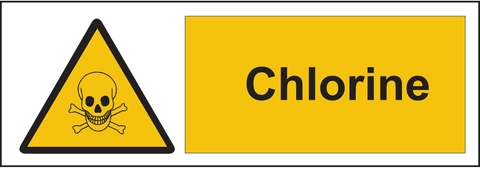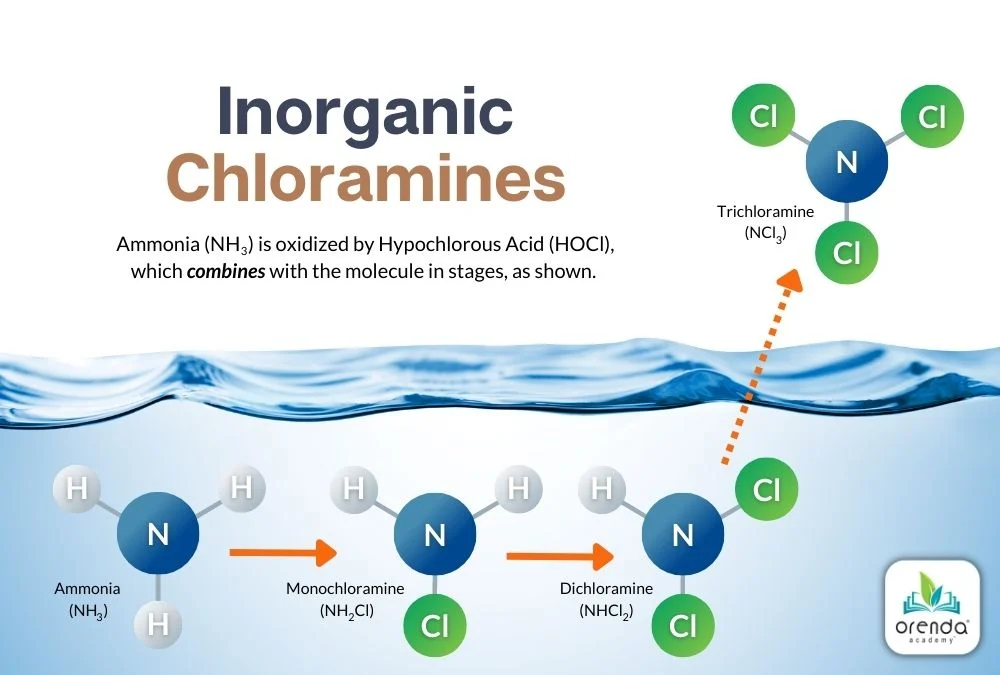Maintaining the water quality of a Jacuzzi or hot tub is essential for ensuring both the longevity of the equipment and the health and safety of its users.
Aside from the regular filter cartridge cleaning (every 1-2 weeks, depending on usage), and a monthly deeper clean (chemical soaking) of the filter, we cannot avoid to use some kind of disinfection with chlorine or hydrogen peroxide.
In standard pools, Chlorine Addition with tablets or granules are needed to keep the chlorine level between 1.5 to 3.0 ppm.
Using our innovative water treatment techniques and protocol we can reduce the disinfection product consumption with at least 50%, and keeping the needed chlorine level as low as 1ppm.
Some of the advantages of our methods are:
- reduced costs of consumables
- less aggressive environment for health and the equipment (avoid degradation of polymers and steel)
- slower build-up of stabilizers and byproducts (bonded chlorine and chloramines/trihalomethanes)
- longer intervals between the water renewals
- we prevent the formation of biofilm and their related negative effects (increased microbiology, Legionella,..)

Less consumption of Stabilizers like Cyanuric Acid:
They are used to prevent chlorine from being degraded by sunlight. It’s particularly important for the uncovered outdoor Jacuzzis. The acid level must be kept between 30 and 50 ppm. Be cautious, as too much can reduce the effectiveness of chlorine.
Maintaining the correct pH level in a Jacuzzi remains crucial for both the safety of the users and the longevity of the water and spa equipment. The ideal pH range for a Jacuzzi is typically between 7.4 and 7.6. Deviations from this range can lead to several negative effects:
Effects of Too Low pH Levels (<7.4)
- Corrosion: Acidic water can corrode metal components of the Jacuzzi, including heaters, pumps, and metal fittings. This can lead to equipment failure and costly repairs.
- Irritation: Low pH can cause skin and eye irritation for users. It can make the water feel uncomfortably harsh and lead to red, itchy eyes or dry, itchy skin.
- Chemical Inefficiency: Chlorine, which is commonly used as a disinfectant, becomes too active in acidic conditions. This can lead to the chlorine being used up more quickly, requiring more frequent chemical adjustments and additions.
- Damage to Spa Surfaces: Acidic water can etch or deteriorate the surfaces of the Jacuzzi, including the acrylic, plaster, or fiberglass. This results in a rough surface and potential staining.
Effects of Too High pH Levels (>7.6)
- Scale Formation: High pH can lead to calcium and other minerals precipitating out of the water and forming scale on the Jacuzzi’s surfaces and within the plumbing. Scale buildup can clog filters and reduce the efficiency of heaters and pumps.
- Cloudy Water: Elevated pH can cause the water to become cloudy, which decreases the aesthetic appeal and can obscure visibility in the water, potentially hiding other issues.
- Irritation: Similar to low pH, high pH can also cause skin and eye irritation, leading to discomfort during and after using the Jacuzzi.
- Reduced Sanitizer Effectiveness: At higher pH levels, chlorine and other sanitizers become less effective at killing bacteria and other pathogens. This can increase the risk of waterborne illnesses.
Monitoring and Adjustments
To avoid these issues, it’s important to regularly check the pH level of your Jacuzzi and adjust it as needed. You can use natural pH increasers (bases) to raise the pH or pH decreasers (acids) to lower the pH to maintain the water within the ideal range. Regular testing and maintenance will help preserve the quality and safety of the water, providing a more enjoyable and safe soaking experience.
- Total Alkalinity: Maintain total alkalinity between 80 to 120 ppm to help stabilize the pH levels. Measure weekly and adjust as needed using alkalinity increasers.
- Calcium Hardness: Ideal levels should be between 150 and 250 ppm. This prevents corrosion and scaling. Adjust with calcium hardness increasers if below this range.
- Water Clarity and Foaming: If the water appears cloudy or foams, it might indicate high levels of contaminants or imbalances in the water chemistry. By reducing chemical usage, you will also need less additives to counter these problems.
General Maintenance Tips
- Cover Usage: It is advised to cover the Jacuzzi when not in use, This will prevent chemical degradation of the water from UV light, and prevent debris from entering the tub..
- Cleaning: the use of our technologies will reduce the need for cleaning the tub’s inside and the circulation system., because the buildup of scale and biofilms will be reduced to a minimum.
By adding our natural and chemical-free water treatment methods, and following the above guidelines, you have a cost-effective, safe and environmental friendly solution.
Links:
Belgian regulation : VLAREM II: Besluit van de Vlaamse regering milieuhygiëne, update 15-08-2023
PHTA-11 Standard for Water Quality in Public Pools and Spas, 2019
Possible Chlorine based water treatment methods (ClO₂,HOCl, Cl₂ and NaOCl)
We can combine physical water treatment technologies to enhance the efficiency and lower the consumption of disinfectants.
See here for more information on the application of Active chlorine or chlorine-based disinfectants
